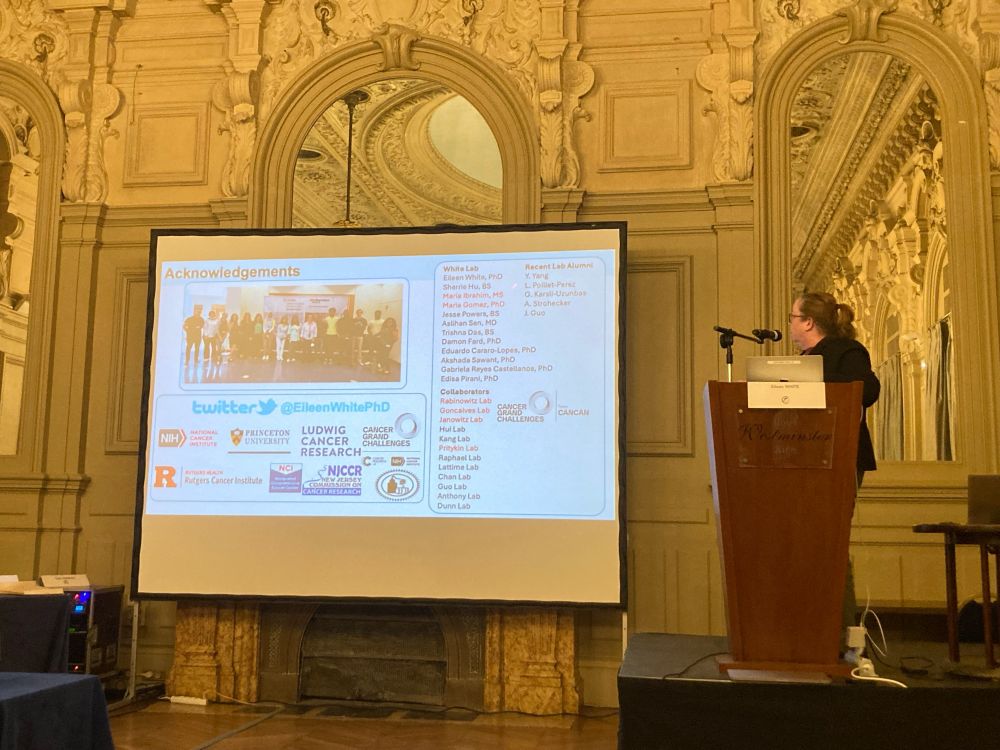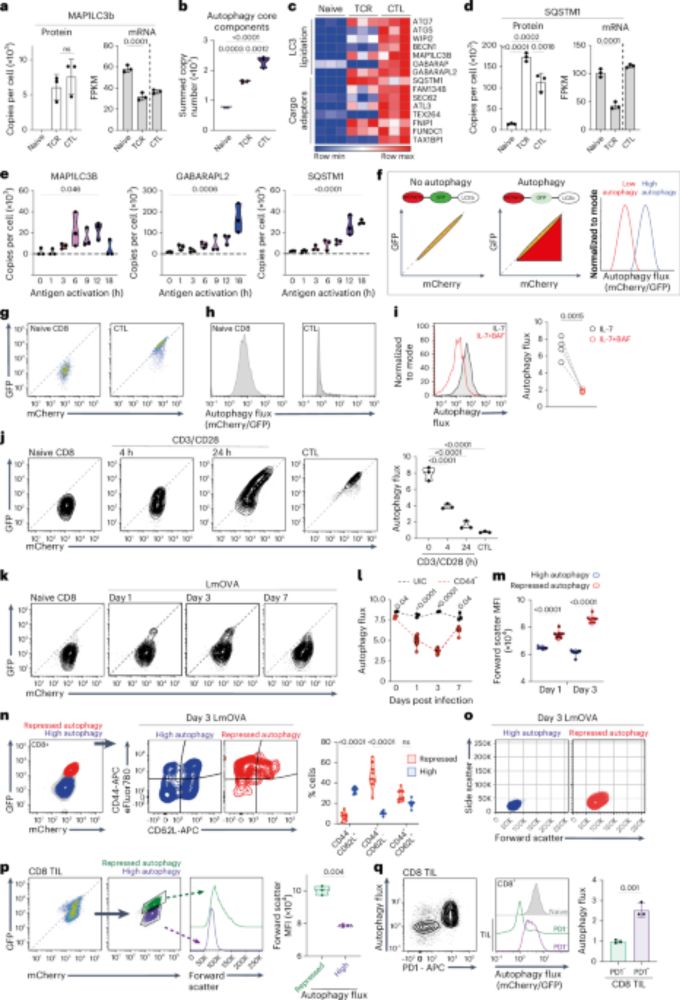ADAPTAML laboratory
@adaptaml.bsky.social
37 followers
49 following
7 posts
Investigating non-genetic mechanisms that sustain #AML resistance upon therapy at the Cancer Research Center of Toulouse.
Focus on #autophagy, #RNAsplicing and #quiescence at #AML and #microenvironment cell level.
Posts
Media
Videos
Starter Packs
Reposted by ADAPTAML laboratory
Christian Frezza
@frezzalab.bsky.social
· Aug 28

Effect of ultra-processed food consumption on male reproductive and metabolic health
This randomized controlled nutrition intervention conducted in males of reproductive
age shows that, compared with an unprocessed diet, consumption of ultra-processed
foods impairs metabolic and repro...
www.cell.com
Reposted by ADAPTAML laboratory
Christian Frezza
@frezzalab.bsky.social
· Aug 29
Mitochondrial transfer - Nature Metabolism
Intercellular mitochondrial transfer has recently attracted substantial attention, both from a fundamental and therapeutic point of view. At the same time, the topic continues to be met with scepticis...
www.nature.com
Reposted by ADAPTAML laboratory
Reposted by ADAPTAML laboratory
Reposted by ADAPTAML laboratory
Reposted by ADAPTAML laboratory
Reposted by ADAPTAML laboratory
Reposted by ADAPTAML laboratory
Reposted by ADAPTAML laboratory
Reposted by ADAPTAML laboratory
ADAPTAML laboratory
@adaptaml.bsky.social
· Jan 27
Michael Wong
@michaelwong.bsky.social
· Jan 23

Immune evasion through mitochondrial transfer in the tumour microenvironment - Nature
Mitochondria with mutations in their DNA from cancer cells can be transferred to T cells in the tumour microenvironment, which leads to T cell dysfunction and impaired antitumour immunity.
www.nature.com
Reposted by ADAPTAML laboratory
ADAPTAML laboratory
@adaptaml.bsky.social
· Jan 16
Reposted by ADAPTAML laboratory
Reposted by ADAPTAML laboratory
Olivier Joffre
@olivierjoffre.bsky.social
· Jan 13

Heterochromatic gene silencing controls CD4+ T cell susceptibility to regulatory T cell-mediated suppression in a murine allograft model - Nature Communications
Regulatory T cells play critical roles in the control and modulation of immune responses. Here the authors implicate heterochromatic gene silencing in the susceptibility of CD4+ T cell to regulatory T...
www.nature.com



















